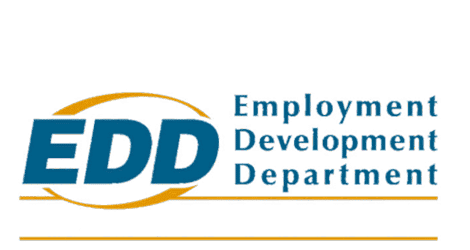
EDD Payroll Tax Audits
Being a tax-based law firm, RJS LAW receives many calls from business owners facing Employment Development Department (EDD) Payroll Tax Audits. The EDD Audit process can seem confusing and overwhelming. The EDD auditor may ask for several documents or may be asking questions of the business owner and the business’ employees. What exactly is the EDD trying to find when it does a payroll tax audit?
The two major issues the EDD looks for are misclassified employees and workers getting paid “under the table.” Again, most EDD audits focus on trying to uncover misclassified employees and under the table employees and then assess the targeted employers based on the findings of the EDD auditor.
Misclassified workers are workers who are treated as independent contractors that should have been classified as employees for payroll tax purposes. In these instances, the employers should have paid state employment related taxes for their “employee” workers.
Prior to the enactment of AB5, the EDD applied a multi-factor test known as the Borello test to determine whether the worker was an employee or truly an independent contractor. The Borello test considered the type of supervision the worker receives, whether the worker provided his or her own tools, the skill of the worker, and the entrepreneurial risk the worker took. After the passage of AB5, while the independent contractor status of some workers may still be determined by the Borello test, the ABC Test is now most often used to determine if a California worker is truly an independent contractor or an employee.
Under the ABC test, a worker is considered an independent contractor if and only if the worker’s relationship with the employee meets all three prongs of the ABC test. Prong A requires the worker to be free from control of the hiring entity. This generally means the worker operates with little supervision or instruction from the hiring entity.
Prong B requires the worker to provide services that are outside the hiring entity’s normal scope of work. For example, a bakery that hires a plumber to fix a sink passes Prong B as the bakery is not in the business of fixing sinks, it is in the business of making and selling pastries and other baked goods. However, a bakery that hires a pastry chef to work exclusively for the bakery does not pass Prong B of the ABC test as the pastry chef’s work (baking pastries) falls within the scope of the bakery’s business.
Prong C requires the worker to have an independent trade or business. To expand upon an example above, a plumber hired by a bakery to fix a sink passes Prong C if the plumber fixes sinks and performs other plumbing jobs for customers other than the bakery. A pastry chef hired to work exclusively for the bakery will not pass Prong C of the test. The pastry chef fails Prong C because the pastry chef is not providing his or her services as an independently established trade to other bakeries.
The final issue the EDD investigates is whether workers are being paid under-the-table. The EDD will examine bank statements and other business records looking for evidence of under-the-table payments to workers who were not reported on payroll tax returns. A common and well-known example of this would be cash payments to day laborers. Another form of under-the-table payments, although less well known, are distributions to business owners. A business that makes distributions to its owners that are not reported on payroll tax returns or personal income tax returns could be characterized by the EDD as wages paid by the employer.
The tax attorneys at RJS LAW have decades of combined experience helping California Employers navigate EDD and other payroll audits. Our attorneys also provide client representation before the IRS, FTB, and other taxing authorities. If your business is facing a payroll audit, please visit the RJS LAW website or call 619-595-1655 for a free consultation.
Written by Joseph Cole, Esq., LL.M.

Leave a Reply